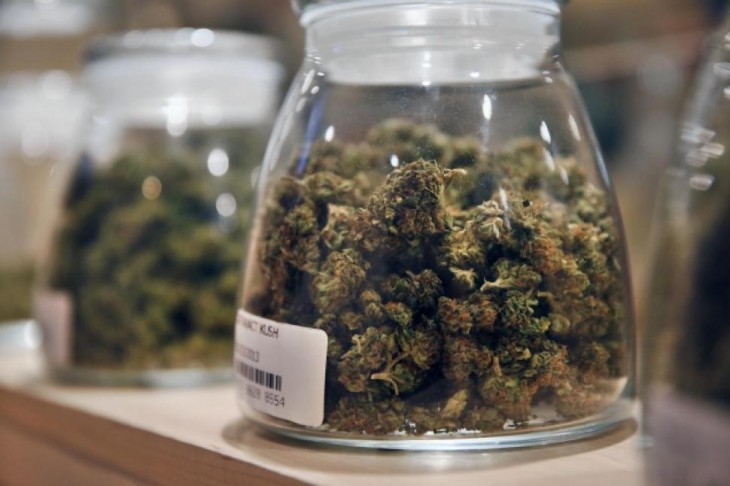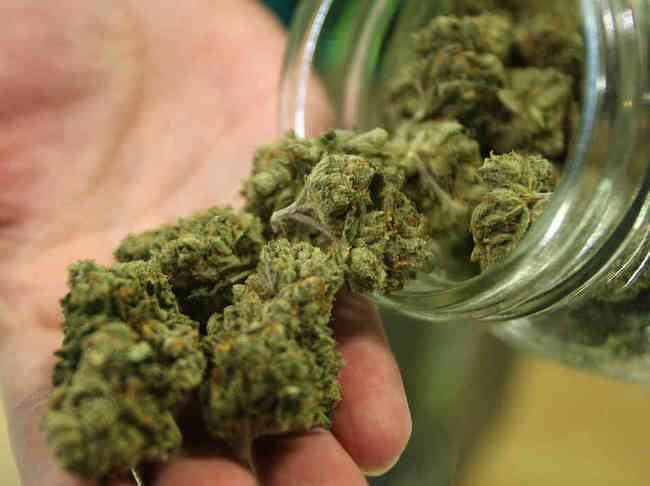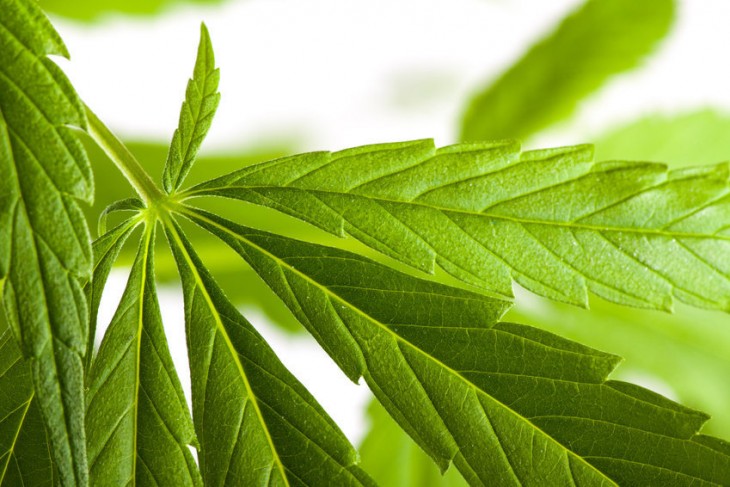Cannabis in Brazil: The Latest News
The Brazilian Minister of Health has announced a new law to facilitate the import of medicines that contain cannabidiol (CBD), a cannabinoid used to treat diseases such as epilepsy. According to a resolution approved by the AgenciaNacional de Vigilancia Sanitaria (Anvisa), a regulatory body linked to the Ministry, the companies that import drugs based on CBD (5 drugs have been approved so far) will not be requiredto ask for prior authorization before introducing their medicines to the Brazilian market. Another rule established by the resolution indicates that technical authorizations won’t be necessary either if the imported drug has been requested by a patient with a legal prescription. Plus, patients associations will soon be able to submit orders for more than one person at the same time, which will allow them to cut the delivery costs.
Until today, the importation of this kind of drugs was possible in Brazil but the process was difficult and long, and included both the request of a prescription and the approval of Anvisa.
In Brazil, the law punishes the cultivation, consumption and possession of marijuana, even when the drug is needed for therapeutic purposes. Things began to change at the beginning of 2014, when a judge allowed a woman to import a drug containing cannabis to treat her daughter’s seizures. The case ignited a debate that led to the current legislation.
Currently, the Brazilian Congress is debating over three bills intended to widen the existing horizons and legalize marijuana. Among them, there is a popular initiative based on 20,000 signatures of citizens who are asking for cannabis regulations similar to those that govern the use of alcohol and tobacco.
If Brazil changed the laws on cannabis, the new regulations would confirm the global trend now pointing towards the rise of decriminalization. In fact, in many countries where cannabis was legalized, consumers have shown an incredible level of careful awareness: buying quality seeds and using cannabis without excesses. Plus, in the same countries the number of consumers, including young and very young consumers, has not increased. The same goes for traffic accidents. At the same time, the life quality of the citizens has improved enormously.
Brazil is the biggest South American country, and it is one of the most important political players on earth. A Brazilian legal cannabis would carry with it a powerful message and Brazil itself would join Uruguay as a symbol of freedom and progressive thinking. If everything goes right, things in Rio will change soon enough.









